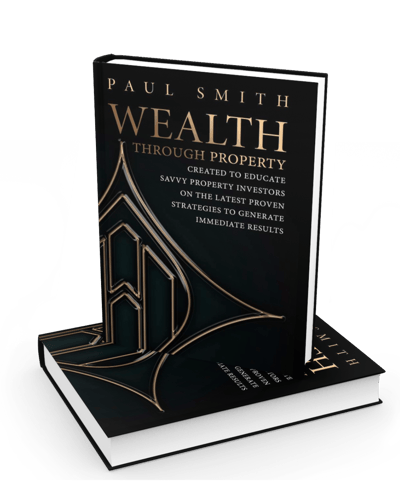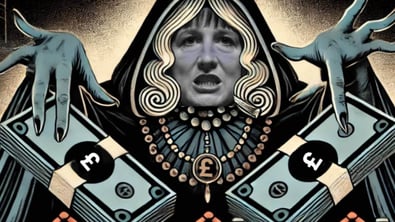The property market and wider economy are greatly interconnected – so what does it mean for the housing market with the UK avoiding a recession in the latest figures?
A recession is typically defined as when the economy shrinks for two consecutive three-month periods.
What is the impact of avoiding recession for property investors? This blog post explains.
What is a recession?
A country’s economy is measured in GDP, which is the value of goods and services that the country produces. A recession is defined as when GDP falls for two three-month periods (known as quarters) in a row.
What does a recession mean for people?
According to Rachel Harte, head of financial planning at Claro Wellbeing said that a recession occurs when there is a continuous fall in “economic activity based on the total value of all final goods and services produced during a certain period. Retail sales and employment also decline in a recession.”
Emma Fielding, chartered financial planner at First Wealth and Thrive Money contributor added, “When income isn’t increasing as fast as inflation, people have less money to spend on other things.”
“When people have less disposable income, this affects business as their profits are reduced and, combined with inflation, have higher operating costs, which can include making redundancies. Job losses start to increase and unemployment rises as fewer companies look to hire.”
What does avoiding recession mean for the UK economy?
Economic activity has stalled largely as a result of inflation pressures – led by energy-led price increases. It reflects that the economy is stagnating as a result of the squeeze on spending power.
Chancellor Jeremy Hunt said that “avoiding a recession shows our economy is more resilient than many feared.
“However, we are not out of the woods yet, particularly when it comes to inflation.”
What does avoiding recession mean for the property market?
Due to the current inflationary pressures, the value of savings are decreasing in real terms, whilst economic uncertainty makes business stocks and shares a risky alternative.
Property on the other hand has seen an upward trend throughout history. In the 1960s, the average UK house price was just £2,530, compared to a staggering £281,161 today. Property prices are therefore set to rise when the economy recovers.
The disposable income crisis affecting property demand, means that homes are predicted to stay the same in value for the time-being with less buying competition. This means that a “dream home” is more likely to be available to you and also means that you can take advantage of a real-time house price cut.
Further, inflation has increased current mortgage rates, meaning that there are fewer first time buyers on the market. As well as this also affecting demand, it means that many potential buyers are instead occupying the rental market, providing demand-safety for buy-to-let (BTL) investors.
There has also been a trend in previous economic slowdowns, towards UK staycations, which therefore improves the appeal of serviced accommodation. There is still evidence of staycation boom created during the 2008 financial crisis, which was then further influenced by the pandemic.
To make the first steps on your property journey, claim your free Wealth Through Property e-book.
Wealth Through Property is the UK’s leading 2-day property investment course. It is designed to provide you with specialist knowledge of proven investor strategies. Learn how to get started and build your property portfolio and gain real-world advice.
To find out more information about Wealth Through Property and the other courses we offer call us on 01302 897131 or email office@touchstoneeducation.co.uk.











